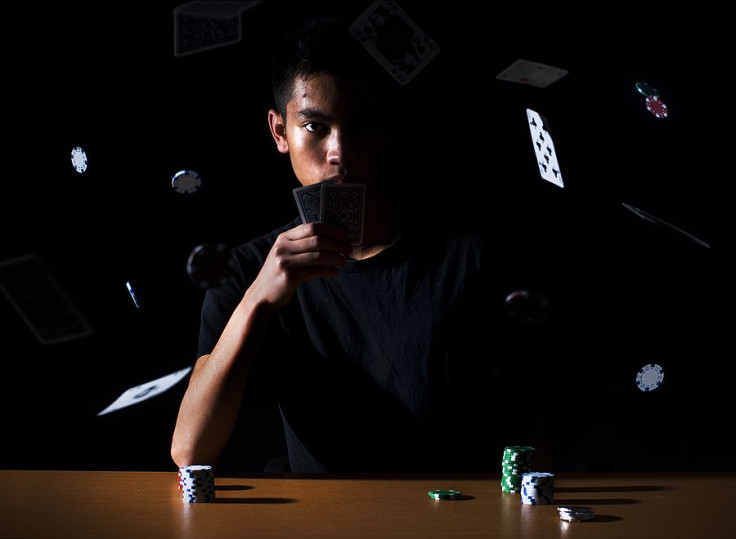Teens Aren't As Irrational As Everyone Thinks — Make Smarter Gambles, Take Less Risks,Than Young Adults

Teenagers may not be as blindingly headstrong as we think, new research from Duke University suggests. If anything, they might actually be more wary of taking risks when making a complex decision compared to young adults.
The study authors recruited 30 adolescents and 47 adults — their average age being 22 — to take part in a sort of a gambling game. The participants were given three different scenarios to choose from, with each scenario having different and hidden odds of the person winning or losing money. They would have to choose from these options over a series of many trials. Additionally, their eye movements were tracked, allowing the authors to study how they made their decisions.
While young adults eventually began to anticipate a pattern to their choices, quickly picking the scenarios that had ended in more wins for them but ignoring the potential dollar value of any one outcome, teenagers continued to take longer to decide and engaged in a "more analytic processing strategy indicative of trade-offs between decision variables." This conservative strategy sought to minimize their gambling losses.
"I was surprised by how consistent the effects were," said study author Scott Huettel, a professor of psychology and neuroscience at Duke in a statement. "Pretty much everywhere we looked, adolescents were the ones who looked more economically rational."
The study's findings point to the possibility that teenagers are less likely to turn to the sort of mental shortcuts that even slightly older people use when making a decision. "What's different about them is they don't use simple rules as effectively," said Huettel.
It's not all good news for teens, though.
While these shortcuts can make us horrible gamblers, they're still by-and-large useful for everyday life, so teenagers can oftentimes find themselves at a disadvantage when it comes to certain decisions. "Adolescents are going to be more likely to use cost-benefit analysis than the (simple rules) that adults use. That can get these kids into a lot of trouble," Huettel said.
In other words, while an adult may unconditionally decline an offer of drugs from someone, based on their implicit knowledge of that drug's long term effects; a younger person may weigh more fleeting benefits, such as their popularity, when making their decision — it might also explain why "Because I said so," stops working as the only reason for your child to do something.
Huettel and colleagues hope that their further research, looking at how peers influence the decision-making of teens though their brain activity and eye movement, can lead to more effective counseling or coaching strategies.
But perhaps the simple realization that teenagers aren't as reckless as advertised can help their curmudgeonly adult counterparts better communicate with them.
Published by Medicaldaily.com



























